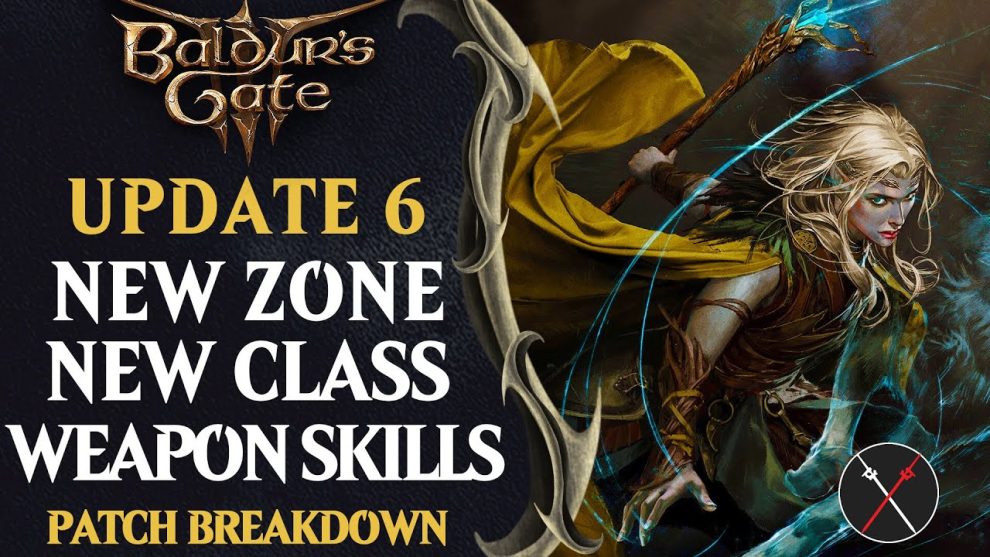The video game industry has undergone a seismic shift in recent years. Gone are the days of buying a complete, linear experience on a disc and calling it a day. Enter the era of season passes, downloadable content (DLC), and live service games – a model that promises continued engagement, fresh content, and, for developers, a steady stream of revenue.
But this brave new world is not without its critics, and the question looms: are these additions enriching the gaming landscape or squeezing every penny out of dedicated players?
The Allure of Expansion and Ongoing Value
Let’s start with the positives. Season passes, DLC, and live service games offer several undeniable benefits to players looking to extend and expand upon their gaming experiences.
Extended Storylines and Game Worlds
Season passes and DLC extend the shelf life of beloved titles, providing players with ongoing reasons to revisit and rediscover familiar worlds. Imagine pouring hundreds of hours into an RPG, then having the thrill of exploring entirely new regions, tackling fresh quests, wielding never-before-seen weapons, and expanding upon rich narratives and character arcs.
This type of meaningful content goes beyond mere cosmetic additions, offering fans the chance to dive deeper into the stories, worlds, and gameplay they’ve come to cherish. A compelling DLC or expansion can reinvigorate interest in a title long after the credits have rolled.
Shared Community Experiences
Furthermore, live service games, with their constant updates and evolving narratives, inject a sense of community and shared experience into the gaming landscape. Think of the excitement surrounding seasonal events in Fortnite, the thrill of coordinated raids in Destiny 2, or the buzz of anticipation before a new chapter drops in Overwatch.
These regular content refreshes foster social engagement, drawing players together in pursuit of common goals and shared experiences. For many, logging in to tackle new challenges with friends or take part in community-wide events offers a wholly unique form of entertainment.
Ongoing Developer Support
On the developer side, the financial model of season passes and DLC offers studios greater stability and the potential for sustained revenue streams. This financial security can translate into bolder creative risks, larger development teams, and ultimately, higher-quality experiences for players down the line.
Additionally, live service games provide valuable player data over time, allowing developers to refine offerings and cater to specific audience preferences. This can lead to more focused and satisfying player experiences in popular titles.
The Thorns of Problematic Monetization
However, this rosy picture isn’t without its thorns. Critics argue that the focus on monetization through season passes, DLC and live services can sometimes prioritize profits over artistic integrity and player experience.
Perceptions of Cut or Incomplete Content
Concerns abound about “cut content” – features originally intended for the base game but held back intentionally to be sold later as DLC. This practice can leave players feeling cheated, as if they purchased an incomplete product at full retail price. Even the perception of cut content can be damaging.
Compulsory Engagement Leading to Fatigue
Furthermore, the constant drip-feed of content in live service games can lead to feelings of obligation and fatigue. Players may feel pressured to keep up with the latest updates, events, and challenges, lest they miss out on vital progression or rewards. This pressure can detract from the intrinsic enjoyment of gameplay, turning gaming into an endless chore rather than a leisure activity.
Cost Barriers and Predatory Monetization
The financial implications can also be a point of contention. Season passes essentially ask players to pay upfront for content that hasn’t been created yet, with no guarantee it will meet expectations. In live service games, monetization often relies heavily on microtransactions which can lead to accusations of predatory practices or pay-to-win scenarios – particularly in competitive multiplayer titles.
Striking the Optimal Balance
So where does the pendulum swing regarding the future of gaming content strategies? Is a landscape paved with rich expansions, engaging live service games – or one increasingly dominated by overpriced add-ons and manipulative monetization?
Ultimately, as with most things, the healthiest approach lies somewhere in the middle balancing consumer and developer needs.
Smart Developer Decisions
On the creator side, studios would do well to double down on value-driven strategies that enrich core titles without relying on psychological tricks or coercion. Approaching additional content as a collaborative effort with player communities, rather than a cynical cash grab, goes a long way.
DLC and expansions should offer truly compelling content worth paying for in its own right. Cosmetics have their place as well, but focusing only on surface-level additions risks goodwill over time. With live service games, keeping players engaged through well-paced content that respects personal time limitations is key.
Informed Consumer Choices
For their part, players must be discerning consumers – researching additional purchases critically rather than blindly buying into the hype of a deluxe edition or season pass bundle. Supporting only DLC that delivers robust experiences sends the right signals. With live service games, setting firm personal boundaries around time investments and spending is crucial for maintaining a healthy relationship.
Of course, at the end of the day entertainment value is highly subjective. If particular types of additional content bring fulfilment and happiness for each gamer, who is to judge? But striking the personal cost-benefit balance remains vital.
The Outlook Going Forward
At their best, post-launch content strategies have already demonstrated huge upside – expanding cherished worlds, fostering shared experiences, and extending the lifespan of top titles. But unrestrained, these same mechanisms risk hampering series integrity and player goodwill over time. The coming years promise to bring further evolution in the delicate balance of art, engagement, and monetization.
By instilling lessons learned so far – that compelling additional content offers the most value, and manipulation the most damage – developers can build upon the significant highs while avoiding the worst lows. And with savvy, selective purchasing paired with reasonable expectations, players can advocate effectively for their interests.
If financial motives are kept in check, season passes, DLC, and live service games have tremendous potential heading into the next generation of gaming. But the onus lies equally upon creators and consumers to sustain responsible models focused squarely on entertaining, meaningful experiences above all else.
















Add Comment